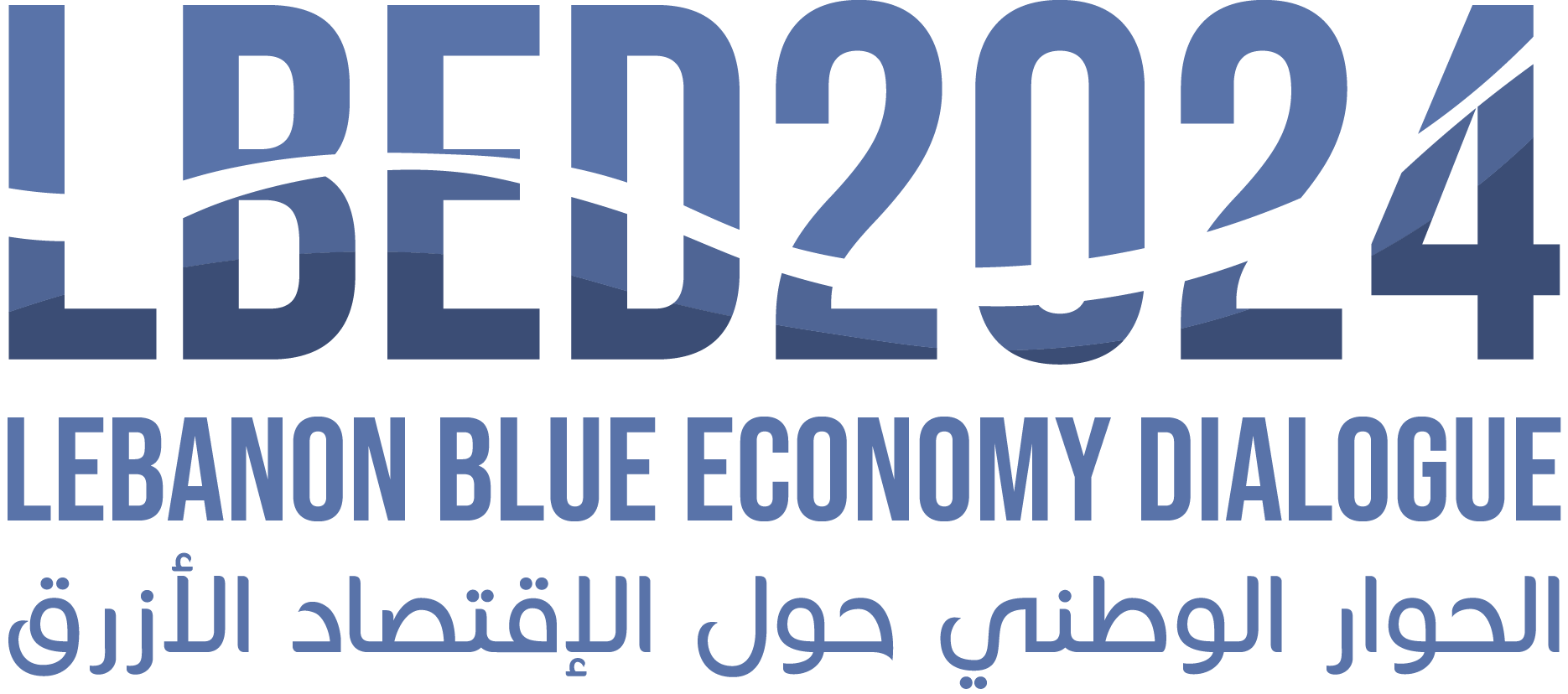SwitchMed
Programme
Funded by the European Union, the SwitchMed programme supports the development of policies and practices that encourage a switch to Sustainable Consumption and Production (SCP) in the Southern Mediterranean region and enables mainstreaming of the Circular Economy concept.
UNEP leads and implements the component that seeks to create an enabling policy environment.

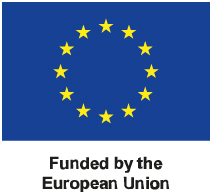
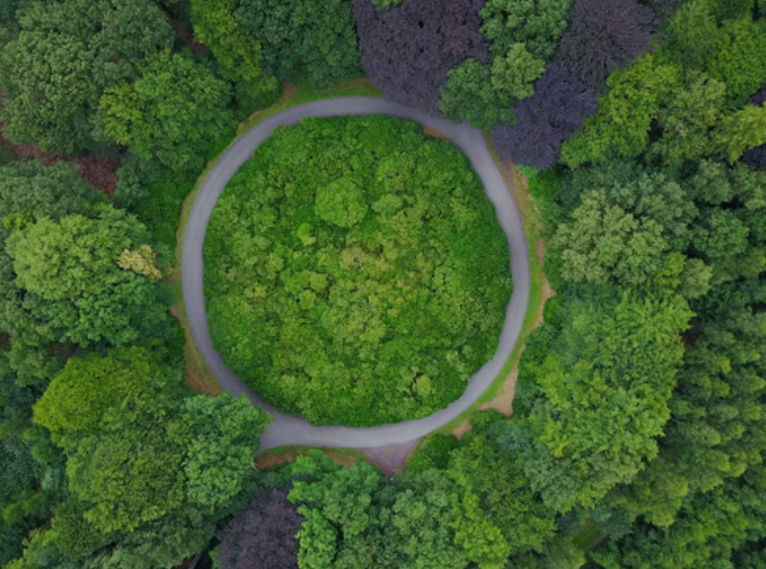
Phase I of the SwitchMed project lasted from 2013 - 2018 during which the SCP - National Action Plans (SCP-NAP, SDG 12.1) of 8 countries were drafted, in addition to providing advisory services and technical support through policy development, demonstration activities and networking and communication.
As a follow up, phase II (2019 - 2024) of the SwitchMed project builds on the success stories of phase I, with a concrete component on the Blue Economy being implemented in the countries.
UN Sustainable Development Goals
SDGs
The SwitchMed Initiative contributes to the achievement of several UN Sustainable Development Goals (SDGs)
SDG 9
Build resilient infrastructure, promote sustainable
SDG 8
Promote inclusive and sustainable economic growth, employment and decent work for all
SDG 12
Ensure sustainable consumption and production patterns
SDG 17
Revitalize the global partnerships for sustainable development
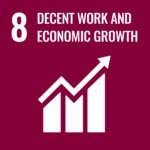
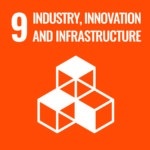
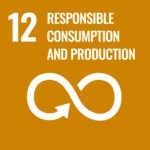
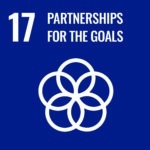
The SwitchMed
Blue Economy Component
The SwitchMed Blue Economy component demonstrates and promotes principles of sustainable consumption and production in key “blue” economic sectors.
These sectors align with the ‘Blue Growth’ strategy of the European Union, supporting the adoption of the best Blue Economy business practices in the Mediterranean region.
The BE component promotes economic growth, social inclusion, and livelihood preservation while ensuring environmental sustainability.
By decoupling socioeconomic development from environmental degradation, BE supports sustainable practices across sea-related sectors and activities.
Extending circular economy principles to aquatic and coastal ecosystems, BE ensures better stewardship of “blue” resources, fostering responsible production and consumption, social inclusion, and long-term ecological and economic benefits.
Key Blue Economy Activities
Implemented by the Hariri Foundation
National Blue Economy
Dialogue and Conference
Lebanon Blue Economy Dialogue (LBED) is an engagement process under the Blue Economy component of the EU-funded SwitchMed II project in Lebanon, in partnership with UNEP and the Hariri Foundation for Sustainable Human Development.
The evidence-based dialogue included a six-month national consultation process with key stakeholders in the Lebanese Blue Economy sectors, including Fisheries and Marine Living Resources, Port Activities, and Coastal Tourism.
LBED2024, under the patronage of the Ministry of Environment in Lebanon and hosted at the UN-ESCWA with 150 national stakeholders, produced key recommendations for increasing efficiency, introducing circularity practices in Blue Economy sectors, adopting a national Blue Economy framework, and launching the Blue Economy dashboard in collaboration with CNRS-L.
The Hariri Foundation is also acting as the host for the Lebanon Blue Economy portal including aggregation of BE activities in Lebanon, information, key resources, and driving the agenda of the continuous dialogue.
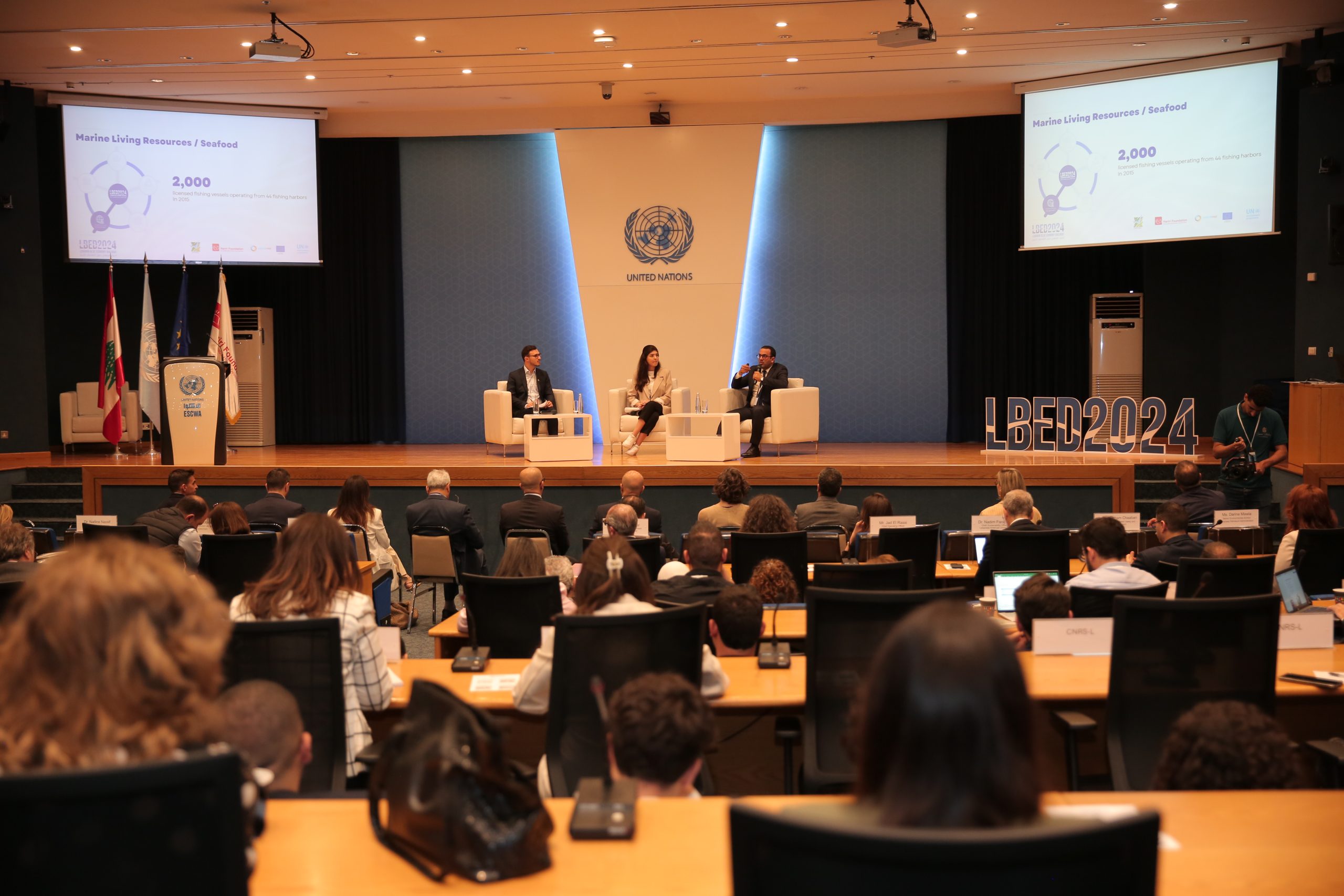

Local Blue Economy
Action Plan for Saida
The Hariri Foundation followed a multi-level governance approach in implementing the Lebanon Blue Economy dialogue under SwitchMed. Saida was chosen as the first pilot city in Lebanon to draft a local Blue Economy action plan through a multi-stakeholder process, in collaboration with the Municipality of Saida and key stakeholders in the fisheries, ports, and coastal tourism sectors. Based on a scientific gap assessment resulting from vertical and horizontal consultations, five actions were validated at the city scale level to promote, sustain, and make the blue economy more circular in Saida. These efforts are aligned with the Saida as an Environmentally Sustainable City initiative, in partnership with UNEP-West Asia. The stakeholder-wide plan focuses on high-impact activities requiring minimal resources and a mid- to long-term vision, positioning Saida as a key Blue Economy actor in Lebanon and the region.
